The stone fruit season is starting in the Spanish province of Zaragoza with the first apricots, nectarines and Paraguayo peaches, and the peach and plum harvests will also start soon.
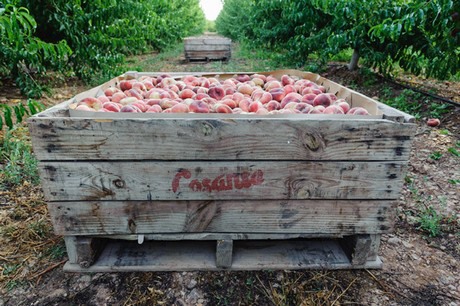
According to Sergio Alonso, from the sales department of Cosanse, the largest cooperative in Zaragoza, the first sales operations have so far been very different to last year's. "Prices are lower at the start of this campaign. There is a greater supply and we expect more competition and, therefore, more pressure on prices. We started with a lot of uncertainty, since we still have to sell 85% of the fruit."
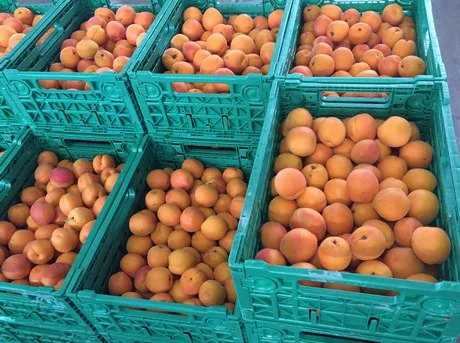
The heat wave is having a good impact on the demand, although it is taking a toll on the production. "The high temperatures are good when it comes to boosting the demand for stone fruit, although it also accelerates the ripening and causes sizes to fall a bit short. There have even been cases of burned fruit skin in some farms in the area," he says. When the fruit ripens so quickly, it becomes more difficult to properly plan the product's marketing," he says.
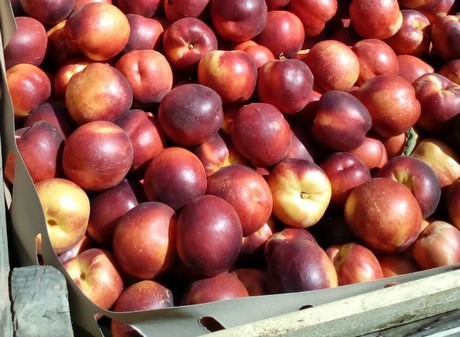
Fewer cherries and 40% higher prices this year
Meanwhile, the province's cherry campaign is about to end. For the cooperative, the harvest, which kicked off earlier this year, has been smaller in terms of volume, having marketed around 25% less than last season. However, "thanks to the fruit's good quality and sizes, and to the fact that the marketing conditions have been ideal, the average price has been 40% higher. We have also been under less pressure from the competition of other countries, such as Greece, Turkey and the European countries where we ship the fruit," says Sergio Alonso.
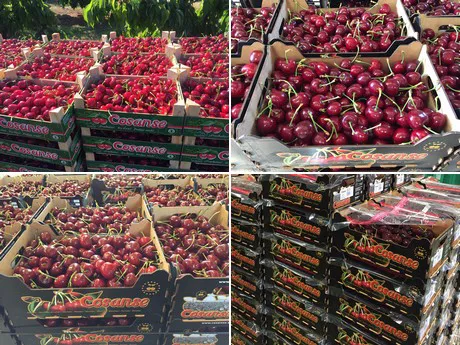
"Stone fruit exports are no longer profitable"
Since the introduction of the Russian veto, the stone fruit sector has been going though some difficult years, with prices under high pressure and very small profit margins. "The export of stone fruit, which used to be highly profitable, has ceased to be so in recent seasons, with the exception of cherries. The last three campaigns are a testament to this, as products such as nectarines are achieving a greater profitability in the Spanish market. It seems that the export markets are becoming a place in which to deliver large volumes. In any case, the truth is that prices continue to be set in the North European markets. In those places, as soon as they hear that there has been a greater fruit production, prices automatically fall, regardless of the quality of the product or the costs in new packaging and labeling or transport," says the producer and marketer.
"We should certainly not forget that Spain, with more than 46 million inhabitants and a huge presence of tourists in the summer months, is a market with a lot of potential. In this market, we work with five large supermarket chains established in the area of the Mediterranean coast and we really notice the increase in consumption in summer, thanks to the influx of tourism," says Sergio Alonso.
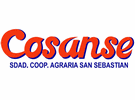 For more information:
For more information:
Sergio Alonso Zaragoza
Sociedad Cooperativa Agraria San Sebastián (COSANSE)
T: +34 976600050
admincosanse@cosanse.com
www.cosanse.com
